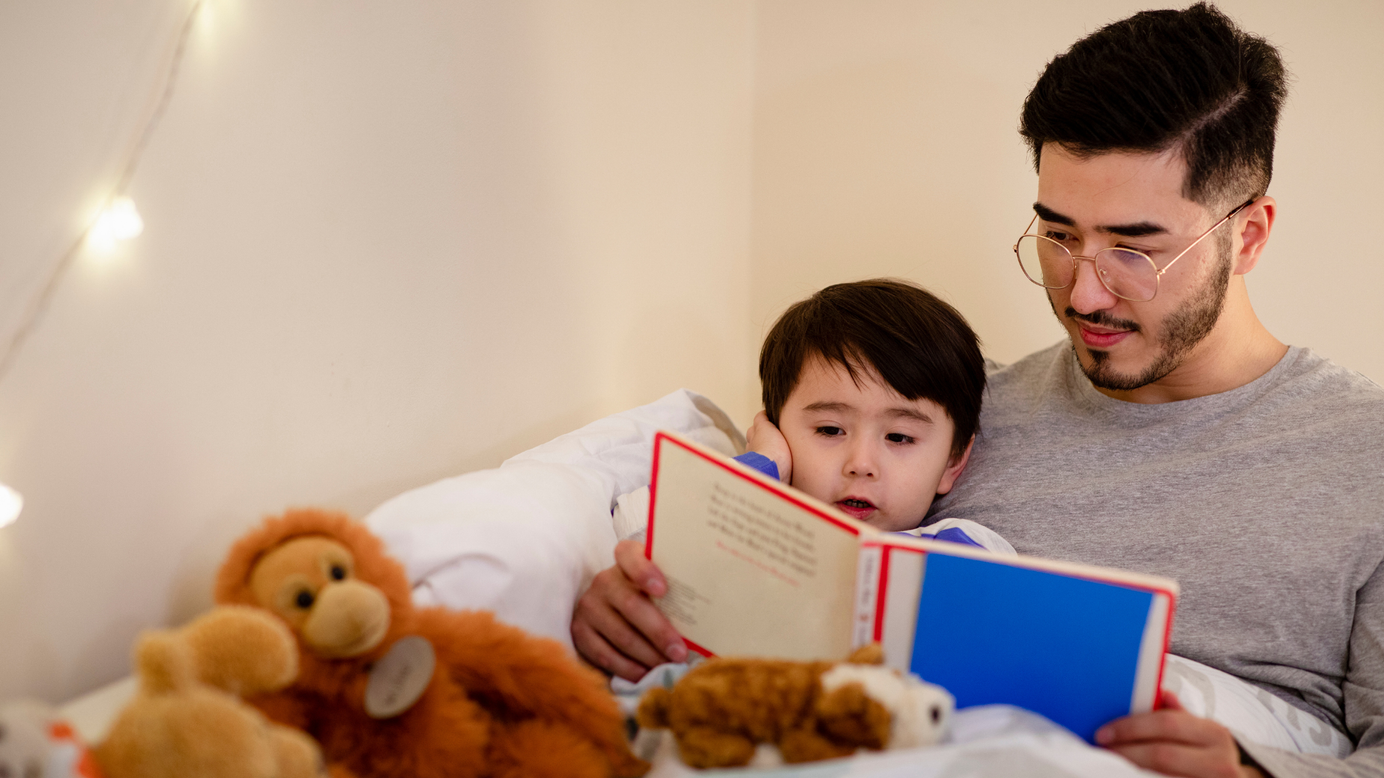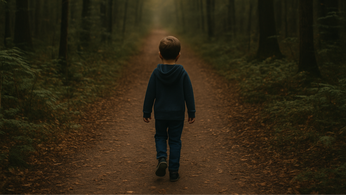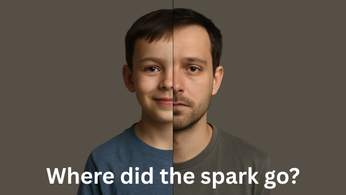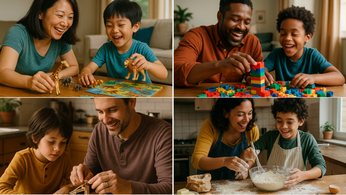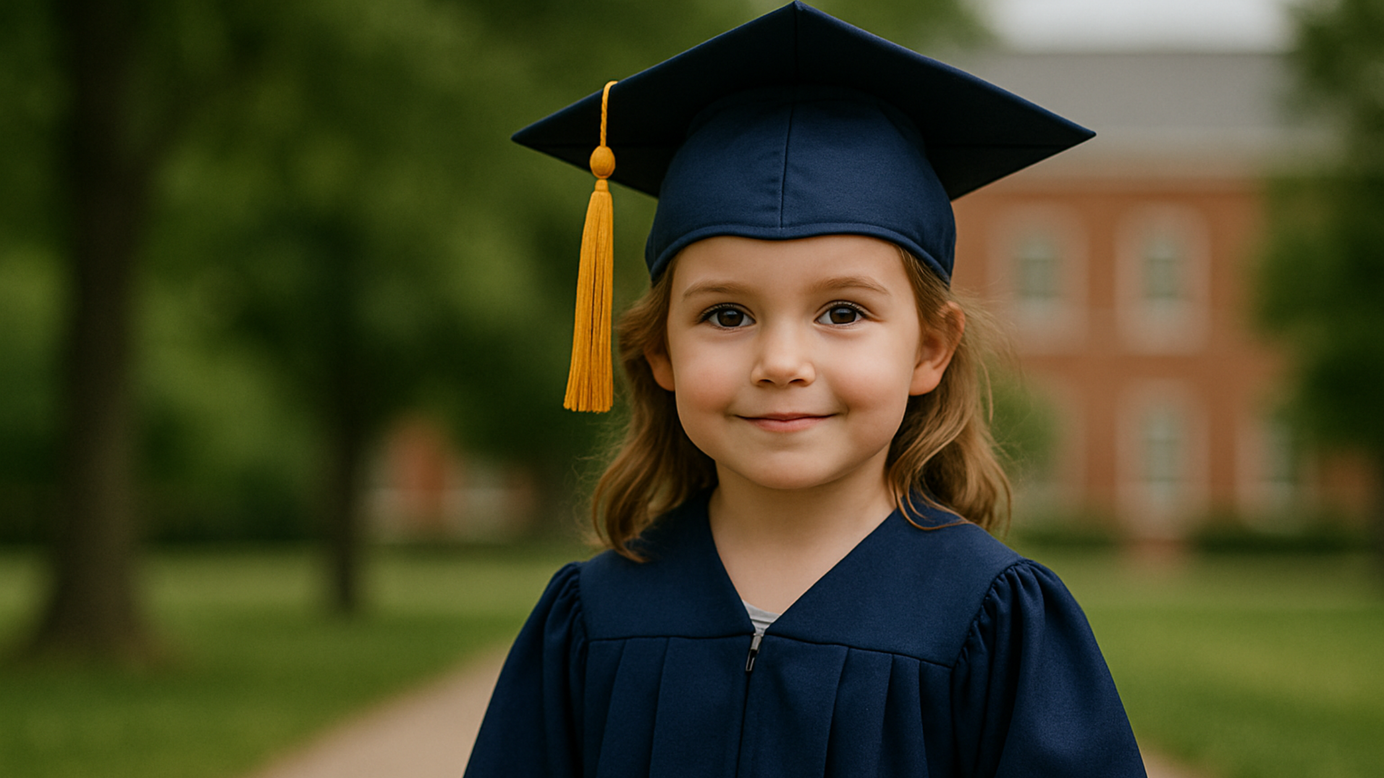
The No. 1 Skill That Boosts Brains, Builds Grit, and Brings Kids Joy
What if your child’s greatest startup isn’t an app—but a piano?
What if one after-school activity could unlock your child’s potential—not just in school, but in life?
No, it’s not coding.
Not Mandarin.
Not robotics.
It’s music.
Yes, music. That dusty old piano in your living room might be the greatest tool you have for shaping a future-ready child.
According to recent research (and a growing chorus of psychologists), learning a musical instrument early in life strengthens the brain, cultivates emotional resilience, and plants the seeds of lifelong success. One article by Caring Minds United even goes so far as to call it the #1 skill every parent should teach their child.
Here’s why.
Music Builds Brains—Literally
Studies show that music training fires up multiple areas of the brain at once—the auditory system, motor skills, memory centers, and executive function hubs. In one study, researchers found that kids who took music lessons showed faster auditory processing and better verbal and nonverbal reasoning (Habibi et al., 2018; Forgeard et al., 2008).
Translation for parents? A child who practices an instrument isn’t just learning songs—they’re improving reading, math, memory, and focus.
From Practice to Perseverance
Music isn’t easy. That’s kind of the point.
Every scale, mistake, and practice session teaches kids to regulate emotions, push through boredom, and celebrate small wins.
The result? Grit. One of the best predictors of long-term success (Duckworth et al., 2007).
Children who stick with music develop patience, confidence, and a growth mindset—because they learn that improvement comes from repetition and resilience, not just talent.
It’s Social. It’s Emotional. It’s Powerful.
Whether playing in a string quartet or performing at a school recital, music helps kids connect.
It sharpens empathy.
It improves communication.
And in a world increasingly dominated by screens and silence, it gives children a voice.
A violin.
A trumpet.
A guitar.
A beat.
A rhythm.
A way to be heard.
Life Skills That Last
Music doesn’t just help kids get into college—it helps them thrive once they’re there (and far beyond). Think about the skills baked into regular music practice:
- Time management (those 30 minutes a day)
- Goal setting (mastering a tough piece)
- Visualization (mental rehearsal before a performance)
- Public speaking (performing in front of others)
These are the same skills that power great students, employees, entrepreneurs, and leaders.
So… What Should Parents Do?
- Start early. Even simple rhythm games or singing can build musical foundations.
- Choose joy over pressure. Let your child explore instruments they love.
- Make practice part of your daily rhythm. Routine matters more than perfection.
- Celebrate progress. Learning an instrument is hard. Acknowledge the effort.
- Stick with it. The first year is often the hardest—but also the one that matters most.
The Big Picture
Music is more than an extracurricular. It’s brain training. It’s character development. It’s emotional fluency. It’s joy.
And best of all?
You don’t need to be a Tiger Mom or a Juilliard hopeful. You just need to believe in the long game. Because music, when started young, doesn’t just shape sound—it shapes minds.
GT Insights
GiftedTalented.com champions the power of purposeful parenting. If you’re looking to help your child discover their gifts, develop their talents, and design a brilliant life—start here.
GiftedTalented.com
The world's fastest growing gifted & talented community



